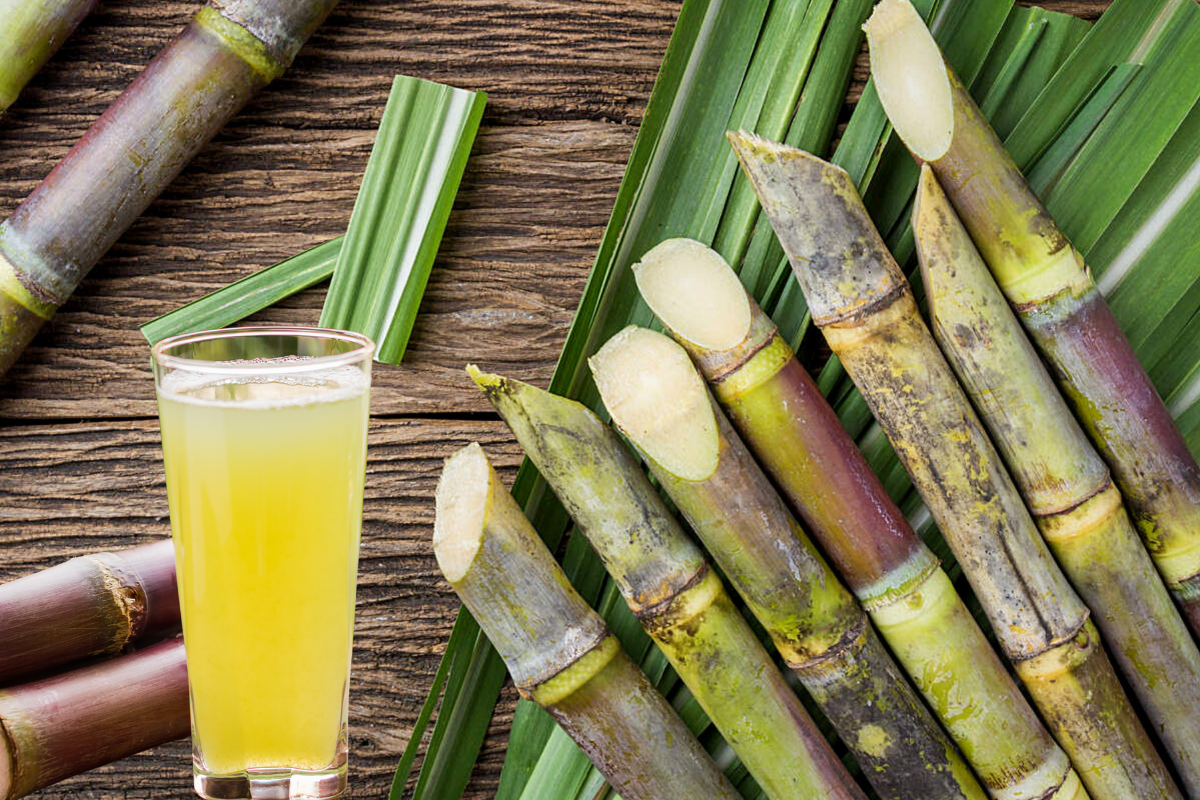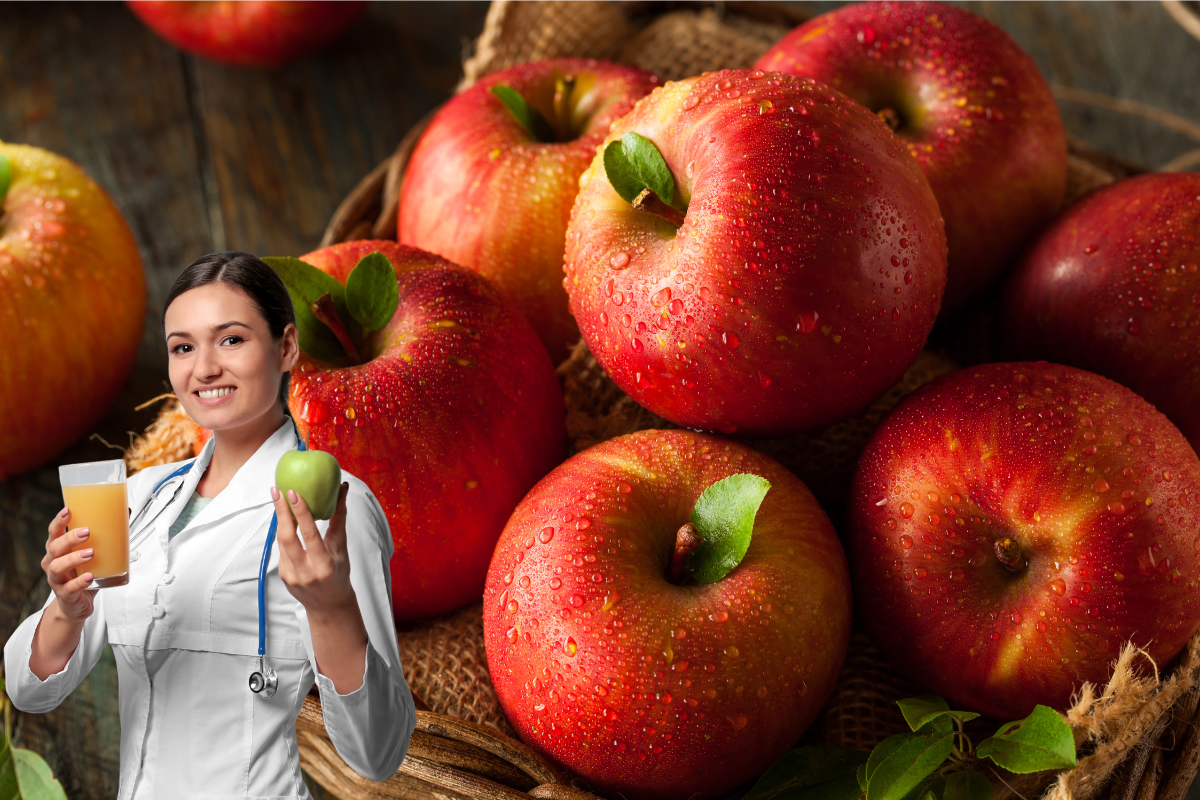It is one of the most commonly used items in our kitchen when it comes to baking or sweetening our tea. Is Cane Sugar the Same as Granulated Sugar? However, the wide range of sugars available today includes cane sugar, granulated sugar, brown sugar, and raw sugar, and while each of them has its place, it can cause a bit of confusion that which one is healthy?
We will try to analyze it and find out what the difference is.

What is Cane Sugar?
Cane sugar is the one extracted from sugarcane only.
- Usually, it is less processed than the white granulated one.
- It can be of an off-white or slightly yellow color, depending on the degree of refining.
- Cane sugar keeps its natural molasses, which in turn, gives it a mild caramel flavor.
To Use:
- Baking of cookies and cakes
- Sweetening coffee or tea
- Richer desserts, where the flavor is one of the features desired
What is Granulated Sugar?
Granulated sugar is white sugar that is very common, which people usually use every day.
- It can be produced from sugarcane or beets.
- It is very refined; hence, all the molasses get removed which is white, and the flavor is neutral.
To Use:
Cooking and baking, in general
Sweetening drinks
Making syrups for dessert and dressings to salad Are They Interchangeable in Recipes?
Generally, you can use cane sugar and granulated sugar interchangeably in the most recipes. Besides,
here are some suggestions:
Baking: Yours baked goods can become slightly darker in color and have a richer taste due to cane sugar.
Drinks: They both dissolve perfectly in hot beverages but cane sugar may give a subtle caramel flavor.
Texture: As the cane sugar crystals are a bit bigger, stir the mix thoroughly for the desserts to be smooth.
| Feature | Cane Sugar | Granulated Sugar |
| Source | 100% Sugarcane | Sugarcane or Sugar Beet |
| Color | Slightly off-white or golden | Pure white |
| Flavor | Mild molasses, caramel notes | Neutral, sweet |
| Processing | Less refined | Highly refined |
| Common Use | Baking, beverages, desserts | All-purpose sweetener |
Which One is Healthier?
In terms of nutrition, there is hardly any difference between cane sugar and granulated sugar:
- 1 teaspoon = ~4 calories
- Give a quick energy boost but are devoid of any important nutrients
The only minimal difference is that the most natural processed cane sugar can keep some minerals that come from molasses, but the amount is not enough to turn it into a “healthy” sugar.
Cane sugar and granulated sugar are not quite the same, but they are still very close.
- Granulated sugar is highly refined and pure white.
- Cane sugar is derived only from sugarcane and may be less processed, with a light caramel taste.
Sugarcane juice:
The most common refreshing drink for many people in tropical regions. It is the natural drink produced from crushed sugarcane stalks. Cold and freshly squeezed lemon juice sweetens it.
Here, we take a look at nutritional benefits, drawbacks, preparations, the right time to consume it, and the most potential beneficiaries from it.
Nutritional Profile of Sugarcane Juice
Sugarcane juice comes packed with important nutrients that include:
- Carbohydrates: Brings quick energy injection because of its natural sugars.
- Vitamins: Contains vitamin C and B vitamins supporting immunity and metabolism.
- Minerals: Rich in potassium, calcium, magnesium, and iron towards bone health and electrolyte balance.
- Antioxidants: Contains polyphenols that help combat oxidative stress and inflammation.

Sugarcane Juice Health Benefits
1. Boosts Energy: The natural sugars present in sugarcane juice instantaneously boost energy levels, and hence it is a popular drink among athletes and those needing refreshment after strenuous work.
2. It is Important for Digestion: Potassium content in sugarcane juice helps to keep a healthy digestion system besides warding off the occurrence of stomach infections.
3. It Enhances Skin Health: Its antioxidants known as flavonoids and phenolic compounds help fight acne, and reduce inflammation and signs of aging.
4. Improves Liver Performance: It is used as a remedy for jaundice because it helps to strengthen the liver and detoxify the body.
5. Hydration: Sugarcane juice can be classified as a hydrating drink. It replenishes the body fluids and maintains the electrochemical balance during dry weather or summers.
Making Sugarcane Juice
Preparation of sugarcane juice at home is quite simple:
1. Ingredients:
- Fresh sugarcane stalks
- Lemon (optional)
- Ginger (optional)
- Ice cubes (optional)
2. Procedure:
- Wash sugar cane stalks very well.
- Peel the hard outer layer with a knife.
- Cut them into small pieces to be easily processed.
- Juice it through a juicer or press machine meant for sugarcane.
- Add lemon or ginger if you want an improved flavour.
- Serve chilled with ice cubes for a refreshing drink.
Best Time For Sugarcane Juice And Suggested Amount
- Best Time to Consume: Daytime is good for taking sugarcane juice, especially in the morning hours or early afternoons, when it helps boost energy while improving the digestive system. It also helps replenish the lost energy and electrolytes after taking a workout.
- Recommended Quantity: For the most part, a glass of sugarcane juice (about 200 ml) is enough. But avoid taking more because it contains too much sugar.

Who Can Drink Sugarcane Juice?
- Healthy Individuals: Sugarcane juice can be enjoyed as a refreshing and nutritious drink.
- Athletes and Active People: They will benefit from the quick energy-boosting properties of sugarcane juice.
- People with Digestive Problems: It can help with digestion and alleviate constipation.
- People Suffering from Jaundice or with Liver Problems: Sugarcane juice can be used under medical consultation for liver health.
Note: Those suffering from diabetes or those on a weight-reduction regime should consume very little of it because of the high sugar concentration.
Potential Disadvantages
Though sugarcane juice has many health benefits associated with it, there are few drawbacks as well:
- How to Consume Sugarcane Juice Safely High Sugar Content: Naturally sweetened, it may not work well for those having diabetes or for persons having to scale down their intake of sugar.
- Contamination Risk: Street vendors usually sell unhygienic juices, exposing consumers to infections and stomach problems.
- Added Calories: Regular consumption in large amounts may cause individuals to gain weight.
Consume sugarcane juice healthily by:
- Moderation is Key: Do not take too many sips, nor drink it very often, because it contains a lot of sugar.
- Cleanliness: Ensure it is prepared in a clean environment or make it at home if possible.
- Combine with Healthy Dietary Habits: Incorporate it into your balanced diet to enjoy maximum benefits without overdosing on sugars.
Conclusion
Sugarcane juice in moderation could be an excellent health supplement in your diet. Its nutrient value is such that it energizes, gives support to digestion, beautifies the skin, and keeps the body hydrated. It has high sugar concentration, and people with concerns about sugar levels or weight should consume it cautiously. Enjoy the benefits of sugarcane juice by safe preparation and moderation.















Leave a Reply